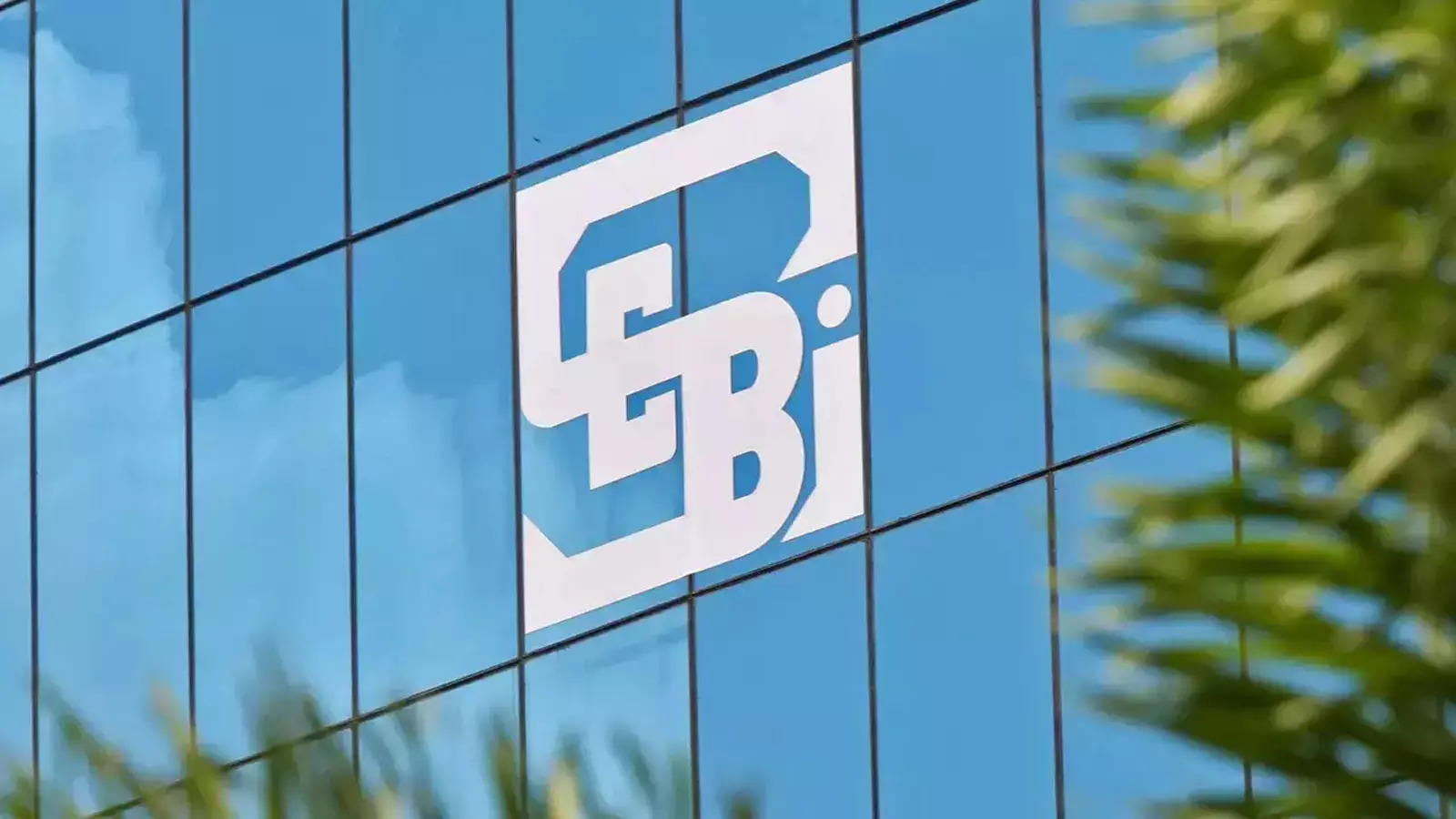This week we not only crossed the 17-year wait to qualify for the World Cup finals, but also crossed the 19-year wait to get freedom from the RRB mechanism for company delisting. In our views of January 2020 titled ‘Our Expectations from Budget 2020’, we advocated doing away with the RRB process for price discovery at the time of delisting. The existing SEBI delisting regulations complicated the process by requiring RBBs to conduct price discovery.
Sebi in its recent board meeting approved significant reforms to streamline the delisting process in India. This is expected to increase market efficiency, eliminate speculation and protect the interests of public shareholders. These changes have already been discussed with market participants as part of the consultative process and so I expect minimal challenge at the implementation stage.
Currently, achieving the 90% threshold through reverse book building (RBB) is crucial for a successful delisting. However, there were concerns about possible manipulation during price discovery. It has been observed that certain operators may corner the shares on the announcement of delisting, collectively holding more than 10% stake. This essentially requires their participation to reach the 90% threshold, resulting in a potentially inflated discovered price that may not accurately reflect the stock’s fair value.
To curb market speculation and ensure fairness in valuation, SEBI has now introduced a suitable framework for fixed price offers to delist companies. This represents a welcome and decisive step by SEBI to reverse the practice of RBB introduced in 2003.
Under the proposed structure, the acquirer will be able to offer a fixed price which should be at least a 15% premium to the floor price determined under the delisting regulations. However, SEBI has added a layer of complexity by introducing the concept of adjusted book value determined by an independent registered valuer. Market price serves as an ideal measure to assess the fair value of a frequently traded stock. Therefore, in my view, the addition of adjusted book value is an unnecessary inclusion.
A good change is that the reference date for the floor price is currently rationalized as the date of public announcement as opposed to the date of board meeting. This will ensure that the unaffected price of the share is taken into account for the purpose of calculating the floor price.
SEBI has also changed the framework for eligibility and pricing under counter offers. To clarify, a counter offer is used in case of reverse book-building (RBB) scenarios where the proposed price is considered unacceptable by the acquirer after the investors successfully cross 90%. SEBI has proposed that acquirers would be eligible to make counter offers on achieving 75% shareholding, provided 50% public shareholders tendered their shares during the RBB. This is a positive development as bidders who were not able to achieve 90% during the RBB are now eligible to make counter offers while shareholders’ interests are protected by ensuring that 50% of the public shareholding has participated in the tendering process. However, SEBI has also changed the pricing mechanism under the counter-offer framework that the counter-offer price should be higher than the VWAP of the shares tendered during the RBB process. The downside of this is that it will provide an opportunity for speculators to bid unnecessarily high prices during the RBB process to drive up the counter offer price.
Overall, SEBI has taken a commendable decision by introducing an alternative to reverse book building mechanism. This will not only provide greater flexibility for corporates to restructure the group but also increase investor confidence in the Indian capital markets.
(You can now subscribe to our ETMarkets WhatsApp channel)








